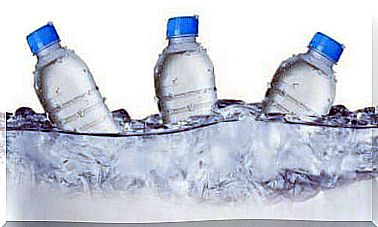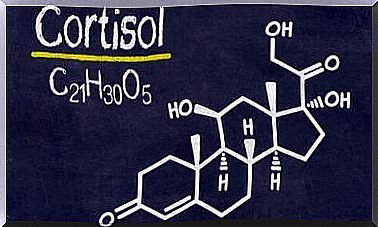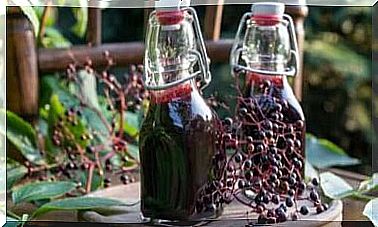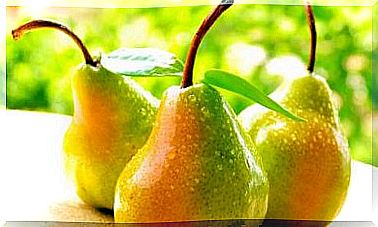5 Edible Seeds And Their Amazing Properties
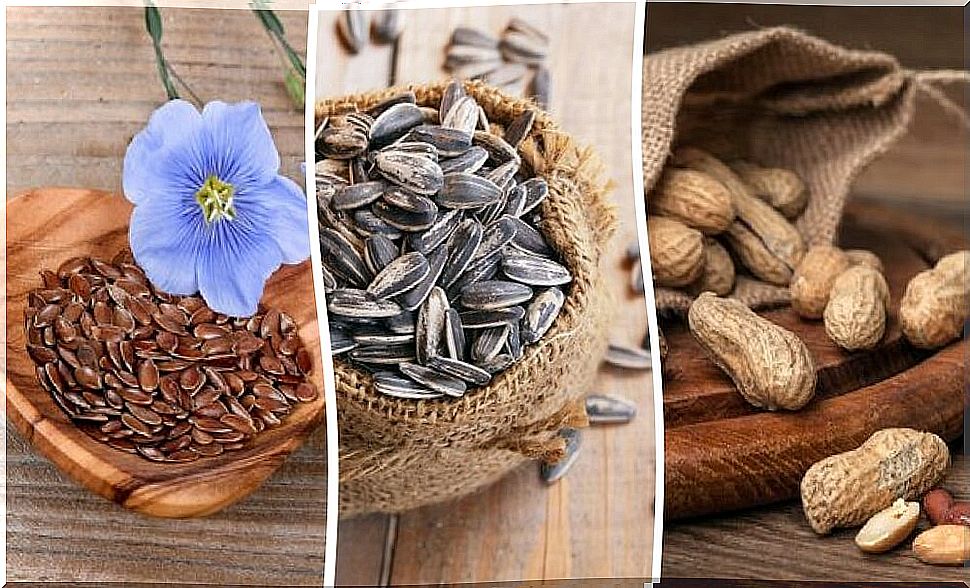
Edible seeds are the source of nutrition, as they come from a live embryonic plant that allows the renewal, regeneration and ecological succession of plants and natural environments.
Furthermore, as they contain in reserve the elements necessary to sustain the early stages of the future plant, they are foods that can be kept alive after storage.
For this reason, it is understandable that they are among the first food products cultivated by humans, as they have high concentrations of vitamins, proteins, minerals, enzymes and essential oils in their raw state.
Seed Types
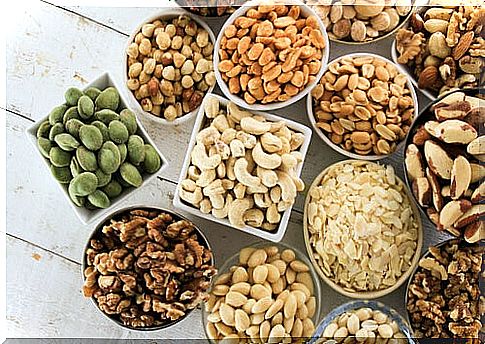
There are different species and categories of edible seeds. Next, let’s see the most prominent ones.
Legumes
Basically, legumes are dry and clean seeds extracted from the pod, such as chickpeas, beans, peas, soybeans, lentils, among others. They are very complete foods that include almost all the nutrients. They give us 350 calories every 100 grams. In addition, they provide us with:
- Between 16 and 19% protein in its composition.
- Slowly digesting carbohydrates.
- Soluble fiber.
- Polyunsaturated fatty acids (omega 3 and 6) and monounsaturated fatty acids (omega 9).
Legumes have also been shown to help regulate cholesterol and blood glucose. They also help reduce the risk of heart disease. They are considered the main source of vegetable protein for man.
Nuts and Nuts
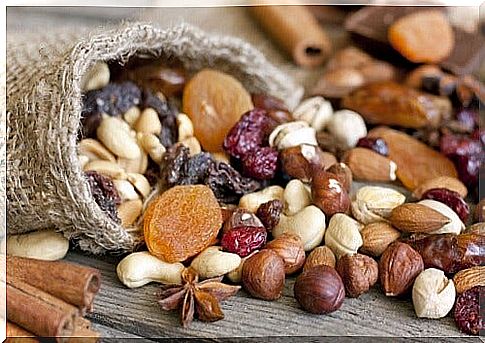
The walnut is a type of dried fruit with a hard shell that, inside, contains a seed. The most popular is the walnut that comes from the walnut tree. In English, the term is also used to refer to chestnuts and hazelnuts.
This type of seed is rich in good fats with a high content of antioxidants, vitamin E and minerals. These nutritional benefits are manifested as:
- Improved transmission of nerve signals.
- Strengthening of the skeletal, muscular and nervous systems.
- Reduced risk of developing cardiovascular and circulatory diseases.
oil seeds
These are the ones from which the oil can be extracted. This is the case of sesame, sunflower or pumpkin seeds, among others. Likewise, they function as a food supplement due to their healthy protein and fat content.
Edible seeds and their properties
Once we’ve briefly summarized the subject, below we’ll share details about five edible seeds with amazing properties.
1. Sunflower seeds
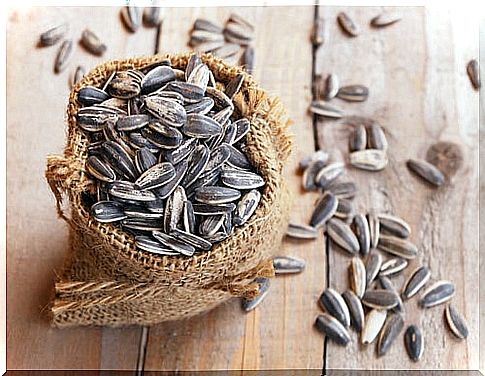
Sunflower seeds contain about 36% oil and 23% protein. They are a source of vitamins E, B1, B2 and B3, in addition to offering minerals such as potassium, iron, magnesium and phosphorus.
In addition, they contribute to omega 6 fatty acids, which are very important for cell metabolism and for reducing the risk of circulatory and cardiovascular diseases.
Specifically, consumption of this food has been associated with a decrease in levels of inflammation in middle-aged and elderly people, which, in turn, would explain why it reduces the risk of heart problems.
They also contain fiber, both soluble and insoluble, which favors good bowel function.
Proper assimilation helps improve bowel movement and increases the presence of healthy bacteria. Therefore, its intake fights problems like constipation.
2. Pumpkin Seeds
Pumpkin seeds are a good source of protein, as with just 100 grams we get approximately 54% of our daily needs.
They also contain essential fatty acids (omega 3 and omega 6) that lower cholesterol levels and promote proper circulatory function.
As they contain B vitamins, vitamin E, folic acid, phosphorus, magnesium and iron, they are recommended when there is a deficiency of these nutrients in the body. On the other hand, they contain cucurbitacins, which help to eliminate intestinal parasites.
3. Flax seeds
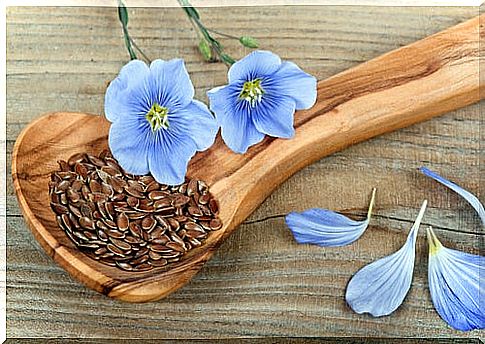
Flaxseed, or flax seeds, is especially recognized for its rich alpha-linolenic acid (ALA, part of omega 3), in addition to providing various nutrients, such as carbohydrates, fiber, proteins, vitamins of the B and E complex, calcium, magnesium, phosphorus, potassium, among others.
Together, they function as antioxidants, anti-inflammatory drugs, and anticoagulants. They are also very helpful when you suffer from constipation and intestinal inflammation.
4. Chia
Chia seeds are a source of omega 3 fatty acids. They are very rich in vitamins (especially the B-complex) and minerals (calcium, manganese, phosphorus, zinc and potassium).
Its effects are known to reduce joint pain, contribute to weight loss and improve intestinal transit. However, it also prevents cardiovascular problems and diabetes, in addition to being a gluten-free seed.
It is important to note that chia is a seed concentrated in calories, since 100 grams is equivalent to consuming 500 kcal. Therefore, it should be consumed in moderation.
5. Peanuts
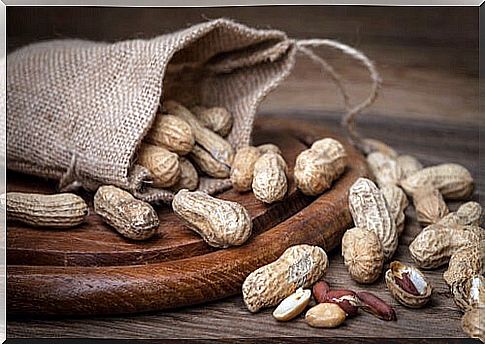
Peanuts are a food that contains monounsaturated fatty acids (about 75%), thus helping to reduce mortality related to heart disease. It also contains albumins, carbohydrates, minerals (iron, calcium and phosphorus) and vitamins (A and B1).
They are very nutritious and have a higher protein content than other legumes, even more than meat, as well as providing energy.
Final recommendation
Eat the seeds raw. When consuming seeds exposed to high temperatures, their nutritional components are broken down and vitamins and minerals are lost. Also, avoid seeds coated with sugar or roasted with added salt.
The balanced consumption of edible seeds, within a balanced diet, is beneficial for health. Next time you go shopping, don’t forget to include some of them in your cart.



